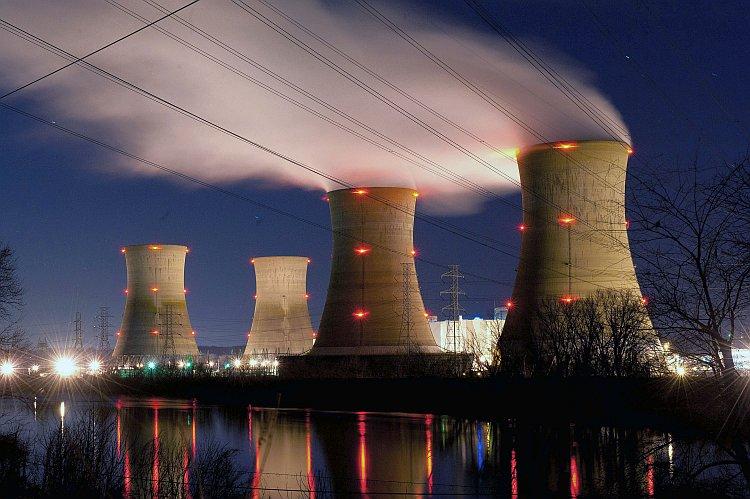Republicans are mining what they hope is a rich vein of public sentiment favoring fossil fuels with a sled of legislation introduced since January that seeks to unbridle domestic oil and gas producers from regulatory restraints allegedly being exploited by the Biden administration in pushing “rush to green energy policies.”
Those proposals include a 17-bill energy package vetted before House panels in Washington and during Texas field hearings—the Unleashing American Energy Act sponsored by Rep. Jerry Carl (R-Ala.), the Stop Trying to Obsessively Vilify Energy Act filed by Rep. Bill Huizenga [R-Mich.), and a mound of other measures matriculating through committees.
Add the newly proposed American Energy Act to that list.
Introduced Feb. 22 by Rep. Lauren Boebert (R-Colo.), and cosponsored by 12 other House Republicans, the proposal seeks to ensure that the Bureau of Land Management (BLM), an agency within the United States Department of Interior that manages federal lands, approves “in a timely fashion” applications for permits to drill (APDs) on federal public lands.
“My ‘American Energy Act’ will fight back against Green New Deal extremism and help reduce sky-high gas prices that Americans are still struggling with!” Boebert said in a Feb. 22 Twitter post. “We’re going to rebuild America’s energy dominance!”
Boebert’s introduction of the American Energy Act comes a day before The Heartland Institute’s 15th Annual International Conference on Climate Change begins in Orlando, Florida. She is among speakers at the three-day event, entitled “The True Crisis: Climate Change or Climate Policy.”
Illinois-based Heartland Institute, a free-market think tank with close ties to former President Donald Trump, said the conference will “analyze the latest climate science and the wrong-headed energy and policy solutions the world’s governments are determined to impose on us all.”
Boebert and Sen. Ron Johnson (R-Wis.) are among scheduled speakers at the conference’s closing luncheon on Feb. 25.





